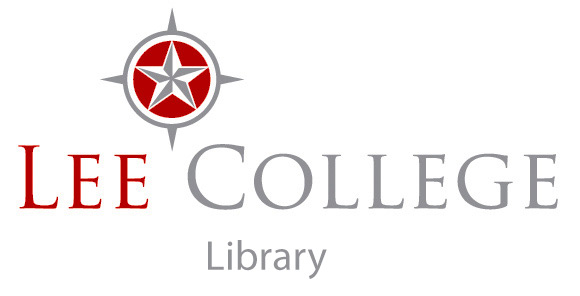
Decide which sources to use
Questions to ask yourself before you start:
- Do I already know enough about my topic to choose meaningful search terms?
- Does the kind of source I am evaluating contain the kind of material I'm looking for?
- Does the publication date of my resources matter?
- What level of scholarly research does this resource contain?
- How in-depth will this source go into my topic?

Research Techniques
Whether you're searching the Lee College Library catalog, using Onesearch or searching a library database, the search terms that you choose will make a big difference in whether or not you find materials that are useful in your research.
Search terms you may want to try:
- Your movie's title in quotations marks, example: "Imitation of Life"
- Your movie's director, last name first, example: Scorsese, Martin
- Characteristics of your film or director, example: Women directors or Horror films
For more precise results, you can also string search terms together, example: Women directors and Horror films
- Books and e-books from the Lee College Library catalog use Library of Congress subject terms, which is a controlled vocabulary ; if you don't know the LOC subject term, use a keyword search.
- Articles from databases use author-supplied keywords as subjects, so you'll need to guess what terms the authors might have used to describe their articles.
The following publications can be found in the library databases with the exception of Internet Sites. They each have strengths and weaknesses depending on the type of information you are seeking.
- Internet Sites:
- Most current information available IF they are continually updated.
- Must be carefully evaluated for accuracy.
- Newspapers:
- Provides current information
- May not be as in-depth or accurate as other sources
- Popular Magazines:
- Geared to the popular reader at an 8th grade level
- Published more frequently than some other sources
- Content may be influenced by advertisers
- Trade publications:
- Contain information relevant to specific professions.
- May alert readers to Continuing Education resources
- Useful for monitoring new developments in an industry
- Content may be jargon-heavy
- Content may be biased in favor of the industry covered
- Scholarly publications:
- AKA Peer-reviewed: authors and editors are subject experts
- Often considered more reliable than sources with a consumer audience
- Much slower publication rate
- Scholarship is sometimes more important than readability
- Article topics can be quite specific.
FILM HISTORY: M. G. M.. Photography. Britannica ImageQuest, Encyclopædia Britannica, 25 May 2016. quest.eb.com/search/144_1542901/1/144_1542901/cite. Accessed 28 Jan 2019.
New York: Movie theater - RKO Palace in New York City. Photographed c1950. Fine Art. Britannica ImageQuest, Encyclopedia Britannica, 25 May 2016. quest.eb.com/search/140_1704138/cite. Accessed 28 Jan 2019.
